Description
In recent decades, archaeologists in South Africa have discovered some of the world’s oldest artworks – extraordinary examples of humankind’s first artistic endeavours. Today, South Africa enjoys a vibrant, often politicized contemporary art scene, one that draws on both the recent and the more distant past to comment on the present. Taking as its point of departure the earliest known artistic tradition in Southern Africa 100,000 years ago, South Africa: the art of a nation explores the history of South Africa through a selection of its artworks, playing particular attention not only to their relationship to one another, but also to their connections to key episodes in the nation’s evolution. By setting up a dialogue between past and present, between art objects old and new, the book offers a refreshingly novel way of looking at South Africa, a story that begins many millennia before the creation of the modern nation.
After considering the first artistic stirrings of our earliest ancestors, this richly illustrated publication turns to the establishment of the first centralized societies in southern Africa in the first millennium AD and their bearing on the appearance of the three-dimensional figurative art. The artistic influences of European and Asian settlers from the 17th century onwards are considered next, followed by an examination of colonial conflicts and related artworks, and then a presentation of rural San|Bushman, Khoekhoe and black South African artworks from the 1800s. The issue of segregation after the Union of South Africa in 1910 and ‘Resistance Art’ during the apartheid era are tackle in the penultimate section, while the final chapter considers South Africa’s transformation from an apartheid state to a democratic nation and the art it continues to inspire.
Published to accompany a major exhibition at the British Museum, this book offers new and often moving insights into one of the world’s most vibrant nations whose fascinating story, process of self-discovery and periods of reinvention have all been reflected in its art.
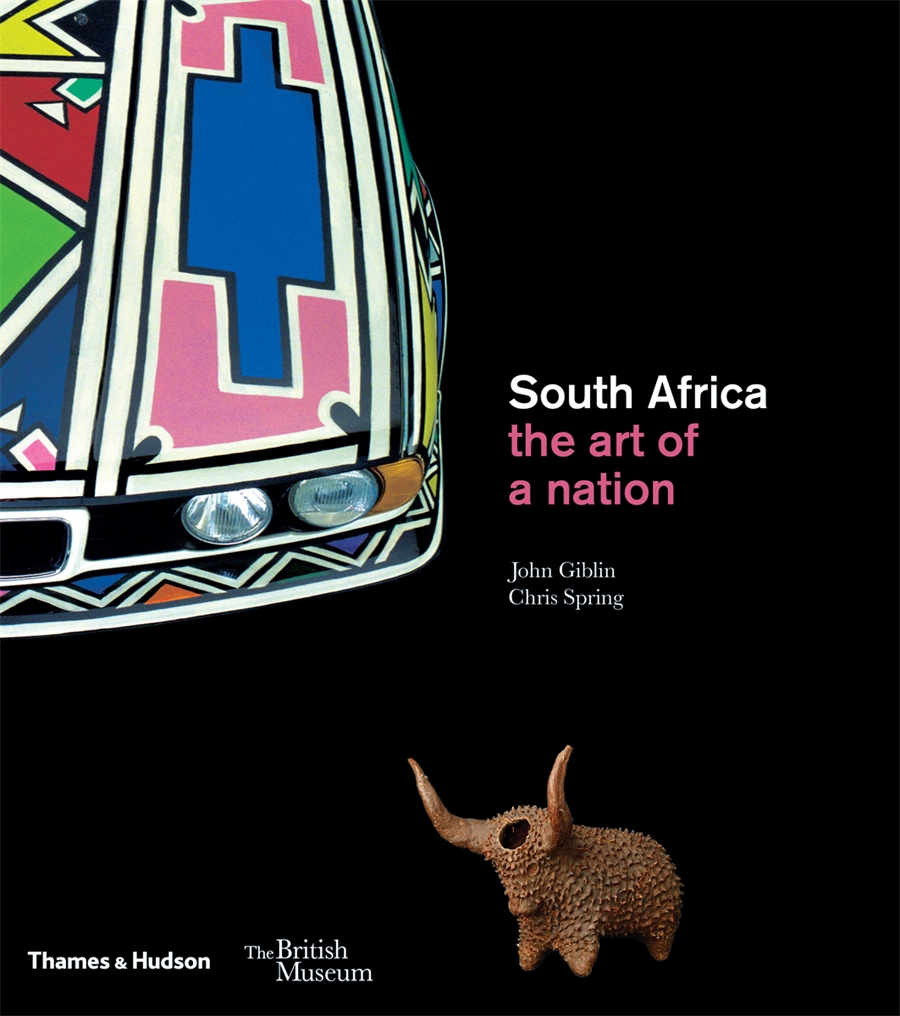
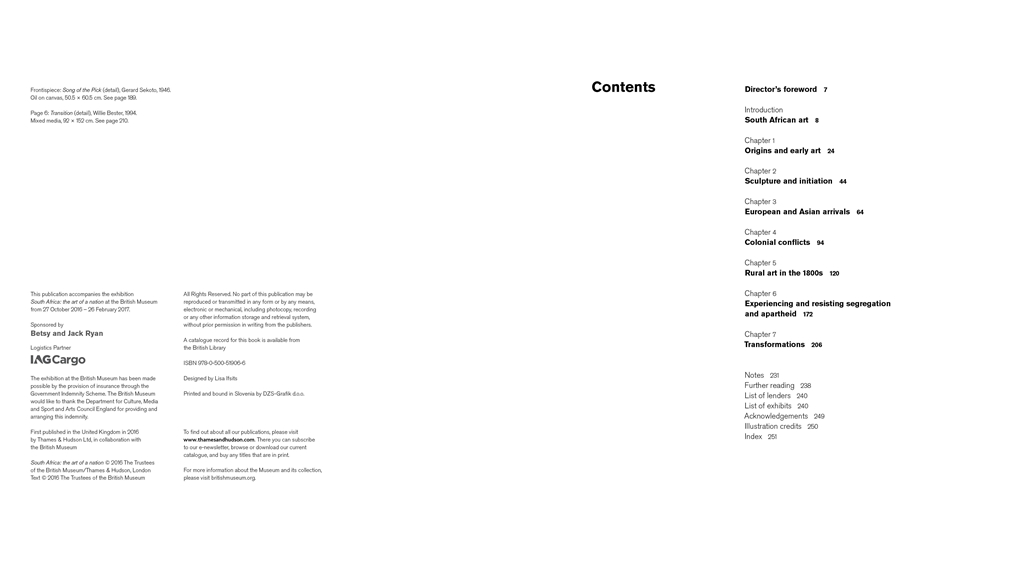
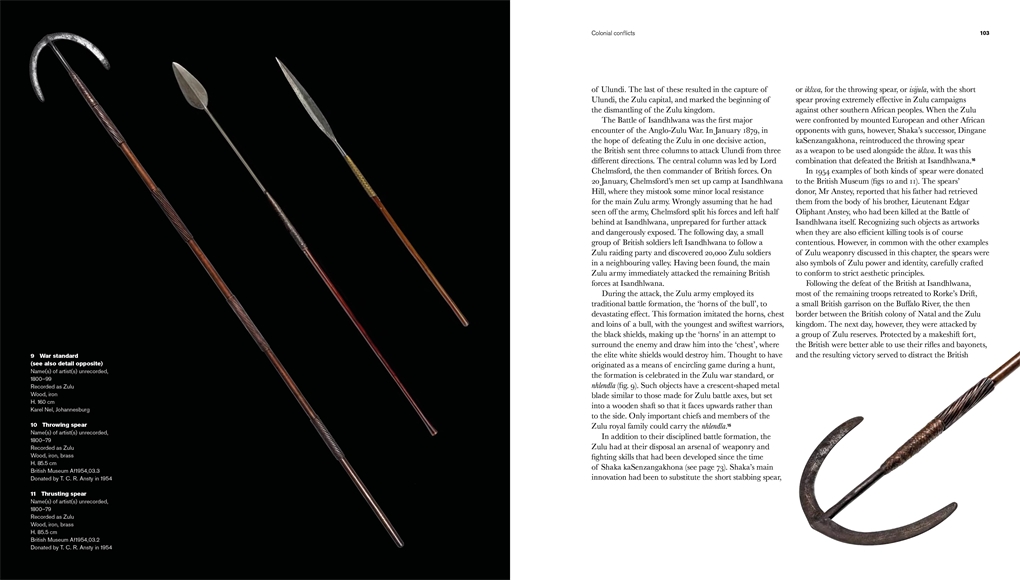
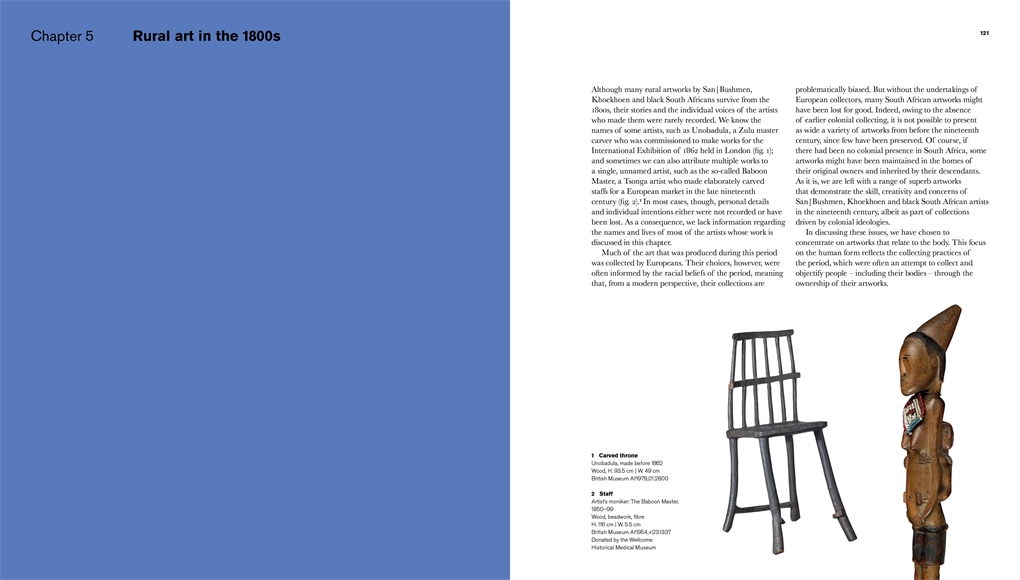
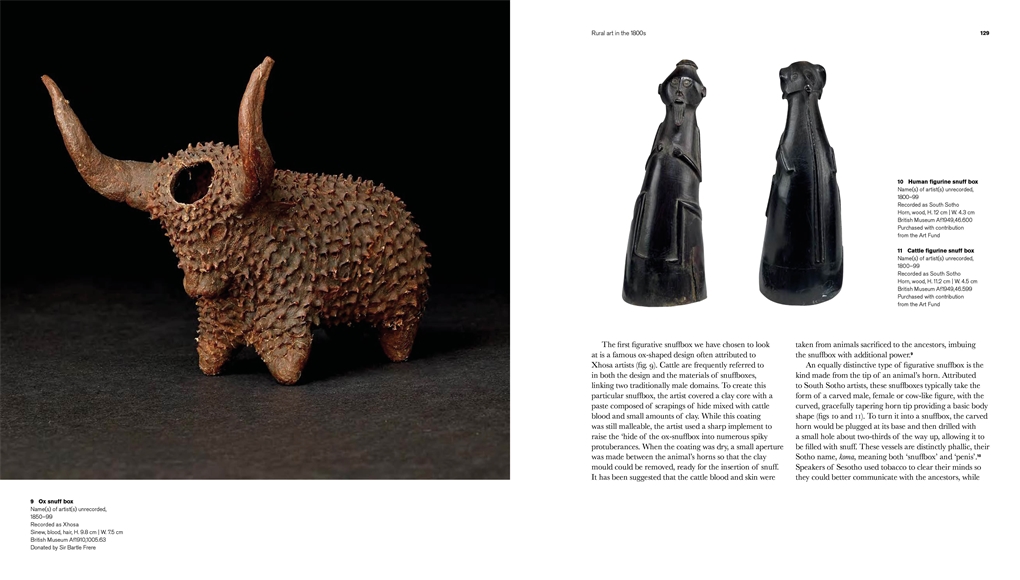
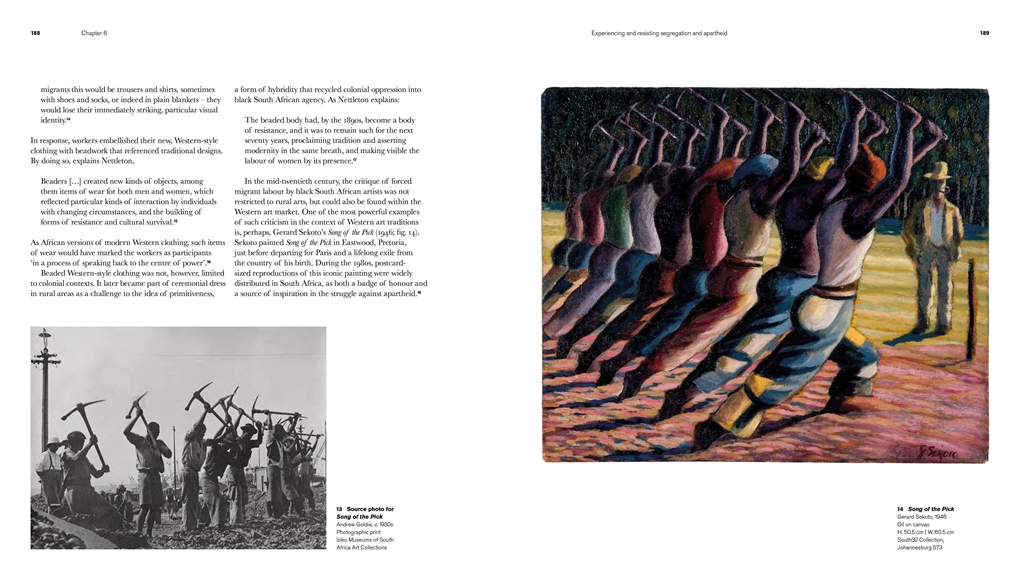
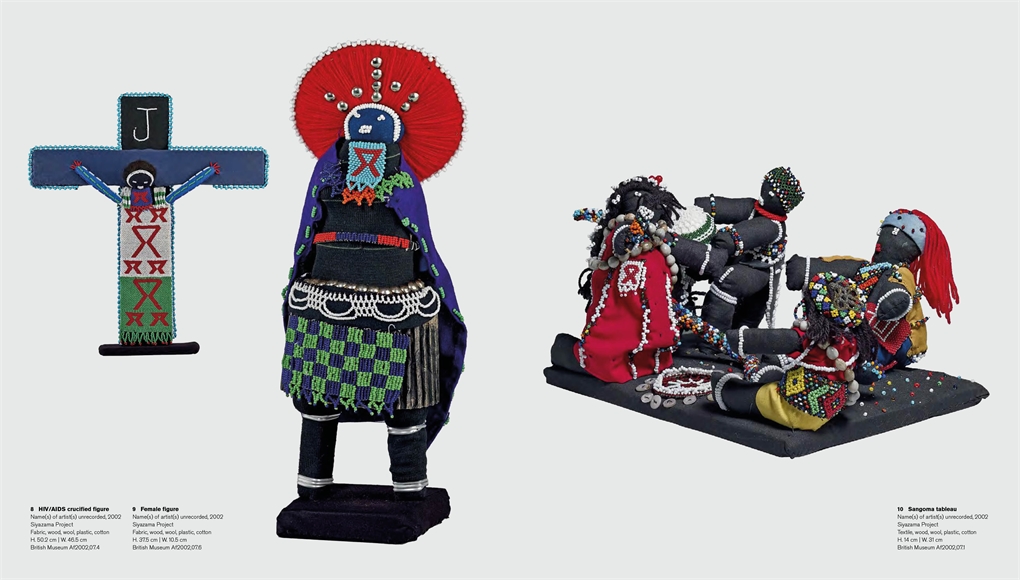
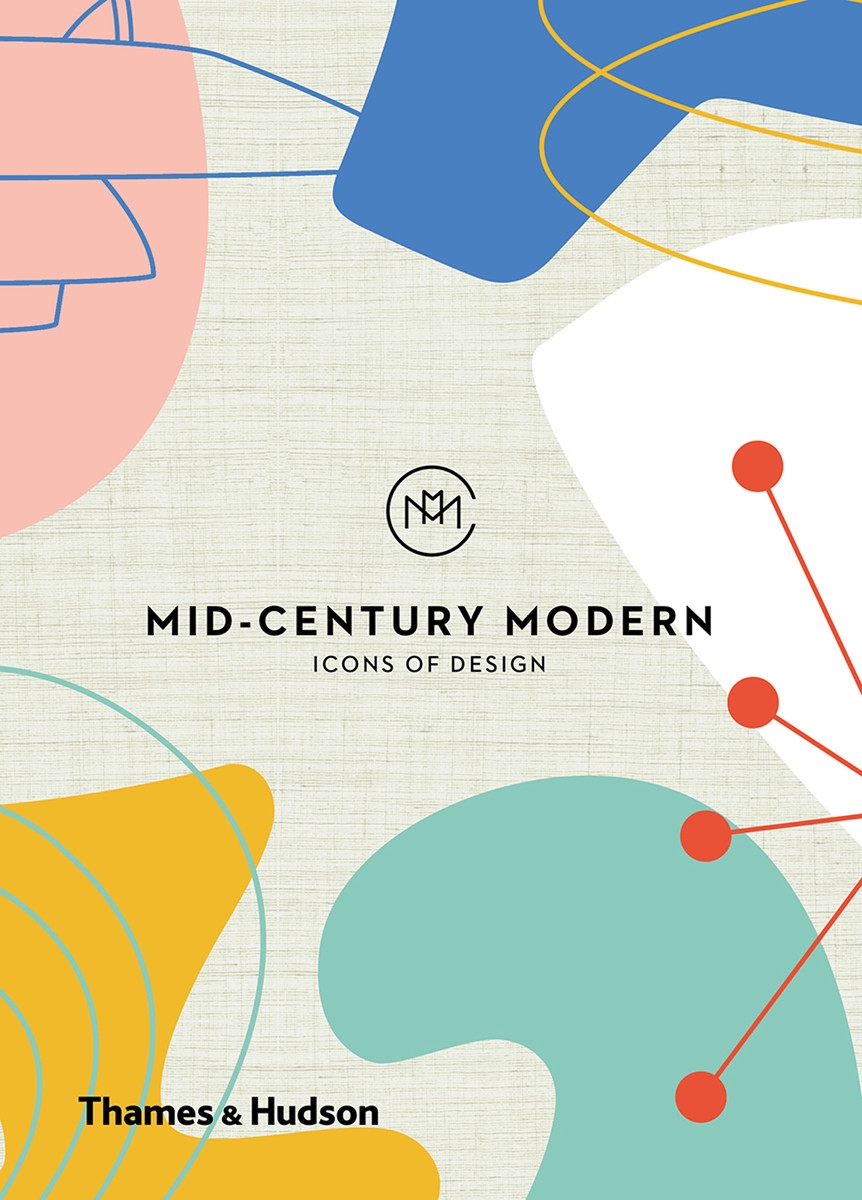
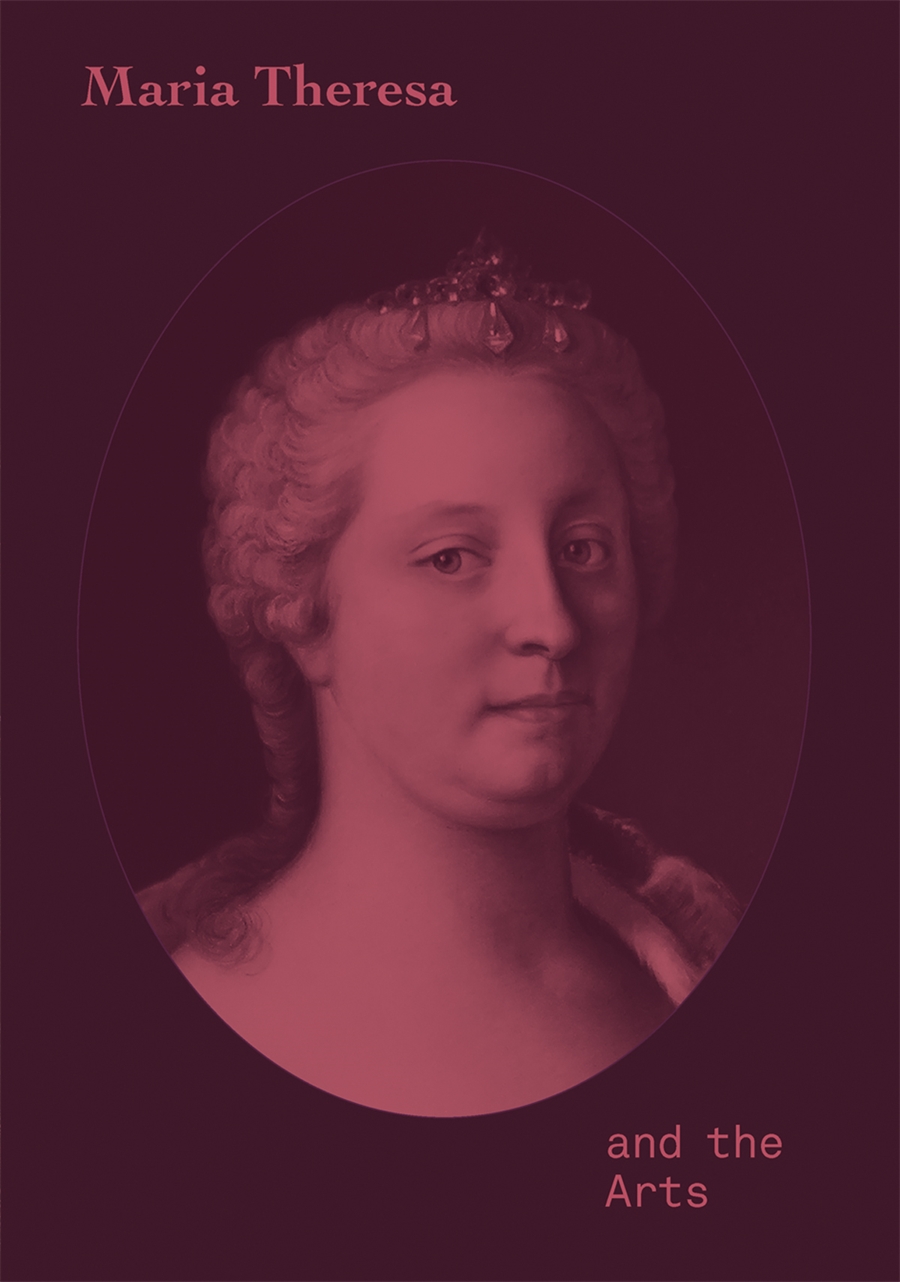
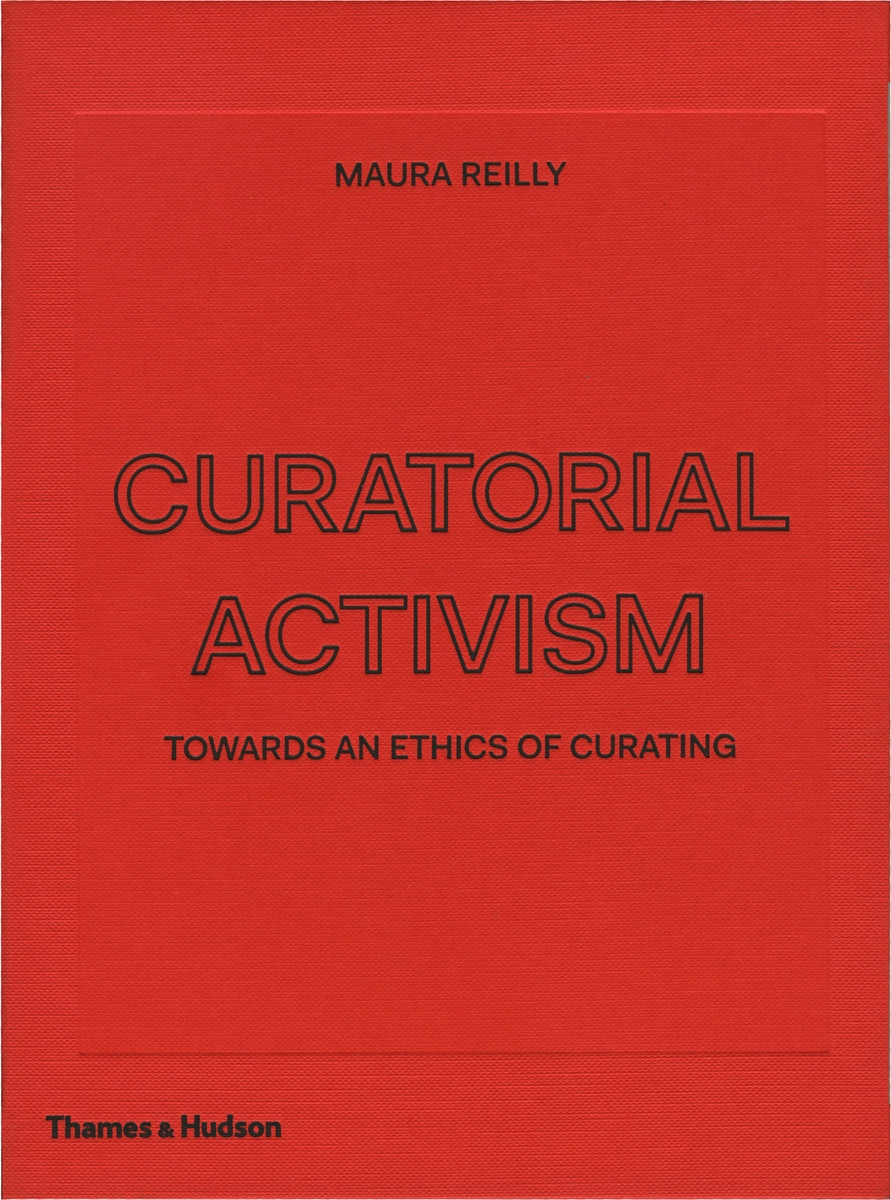
Reviews
There are no reviews yet.